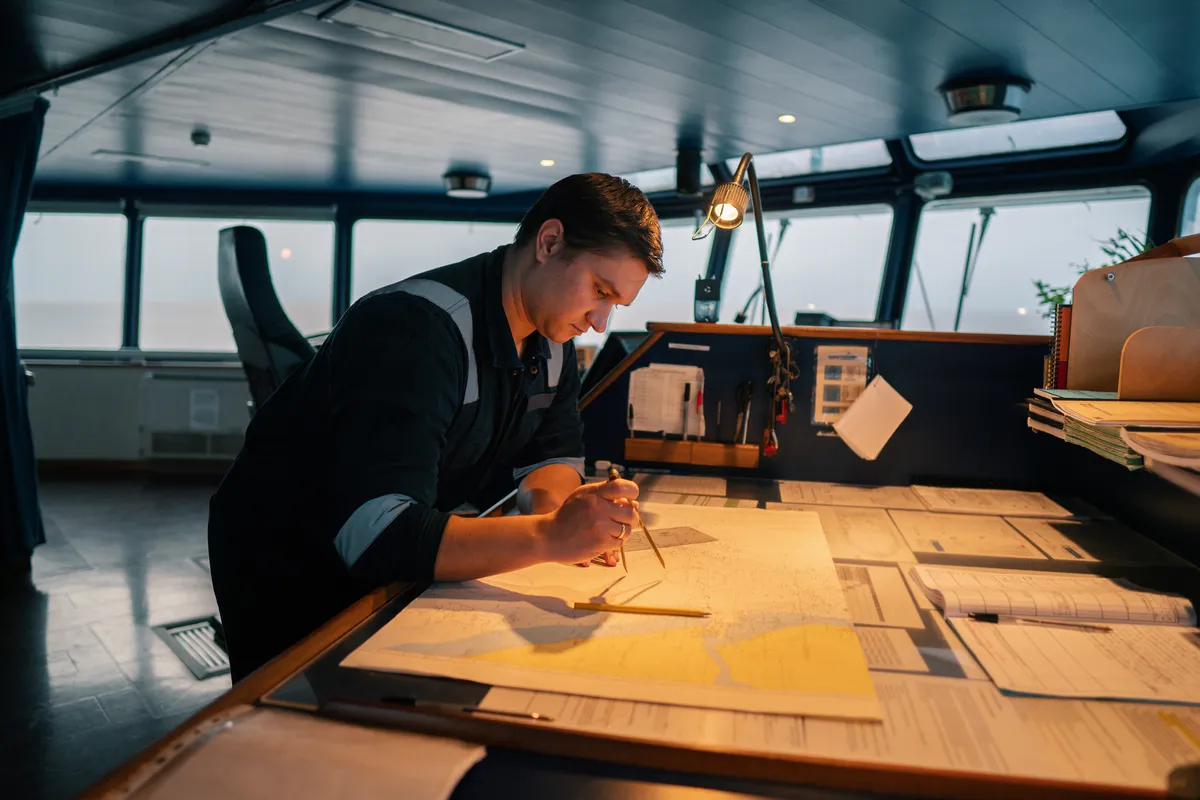The Barbados Maritime Ship Registry has revised bulletin No. 011 regarding minimum safe manning requirements.
The bulletin was published on 5 March 2024.
Introduction
The bulletin is issued to ensure that Barbadian vessels adhere to various maritime regulations and conventions. These regulations are designed to promote safety, security, and environmental protection in maritime operations. By complying with these regulations, Barbadian vessels aim to maintain high standards of operation and ensure the well-being of seafarers.
Safe Manning Requirements
This section emphasizes the importance of ensuring that vessels are adequately manned to carry out their operations safely and efficiently. It covers a range of aspects including training requirements for crew members, maintaining watch standards as per international conventions, and specific roles such as the Ship Security Officer and the Vessel's Cook.
Manning Onboard Specific Ship
Different types of vessels have varying manning requirements based on factors such as propulsion power, equipment, and operational needs. For example, tankers may have specific training requirements for personnel involved in cargo operations. Additionally, vessels fitted with Electronic Chart Display and Information Systems (ECDIS) must ensure appropriate training for navigational officers.
Employment of Additional Seafarers by the Company
Sometimes, companies may choose to employ more seafarers than the minimum required by regulations. However, these additional seafarers must receive appropriate training for their duties, ensuring they can effectively contribute to the safety and operation of the vessel.
Watchkeeping
Proper watchkeeping is crucial for maintaining the safety of the vessel, especially during periods of darkness or restricted visibility. The bulletin outlines specific requirements for watchkeeping personnel, including rest hours and watch systems. It also addresses scenarios where vessels have periodically unattended machinery spaces, ensuring that adequate measures are in place to maintain safety.
Radio Watchkeeping
Radio communication plays a vital role in maritime safety and navigation. This section highlights the importance of having qualified personnel to handle radio duties on board. It specifies the certifications required and outlines procedures for maintaining continuous radio watch during navigation.
The Barbados Shipboard Working Arrangements
Shipboard working arrangements dictate the hours of work and rest for seafarers on board. The bulletin provides guidelines for developing these arrangements, ensuring they comply with relevant regulations and conventions. It also outlines the process for submission and verification by authorities.
Safe Manning Document - Requirements
The Safe Manning Document (SMD) is a key document that certifies a vessel's compliance with safe manning requirements. This section explains the process for obtaining an SMD, including factors considered in determining minimum safe manning levels.
Safe Manning Document - Temporary Exemption
In exceptional circumstances, vessels may be granted temporary exemptions from manning requirements. This section outlines the conditions under which such exemptions may be granted and the procedures to be followed to ensure safety during these periods.
Safe Manning Document – Application
The application process for an SMD involves submitting detailed information about the vessel and its operations. Companies must provide accurate data, including special considerations that may affect manning levels, to ensure the SMD reflects the vessel's operational requirements.
Safe Manning Document – Validity
The validity period of an SMD is typically five years, but it may need to be reissued earlier if there are changes to the vessel or its operations. This section explains the circumstances under which a new SMD must be obtained to ensure ongoing compliance with regulations.
Port State Control
Port State authorities have a responsibility to verify that vessels calling at their ports comply with relevant regulations. This section outlines the specific areas of focus during port State inspections, including crew qualifications and vessel conditions. It emphasizes the importance of maintaining high standards to ensure safety and environmental protection.
Appendix A listed in the document provides sample tables for reference to assist Owners/Managers in proposing minimum safe manning levels. These tables are provided for guidance purposes only.
 Marine Regulations NewsMatko Rak
Marine Regulations NewsMatko Rak
For more information, please see the document below (available only to subscribers):
Minimum Safe Manning Requirements

Sign up for our newsletter
Your most up-to-date maritime regulations news
It's free. No spam. Cancel anytime.









Related News
USCG issues safety alert on hazardous zone marking and awareness
Jan 21, 2025
USCG issues alert on improving vessel maneuvering systems to prevent accidents
Jan 20, 2025
Isle of Man: Key changes to marine casualty reporting
Jan 17, 2025